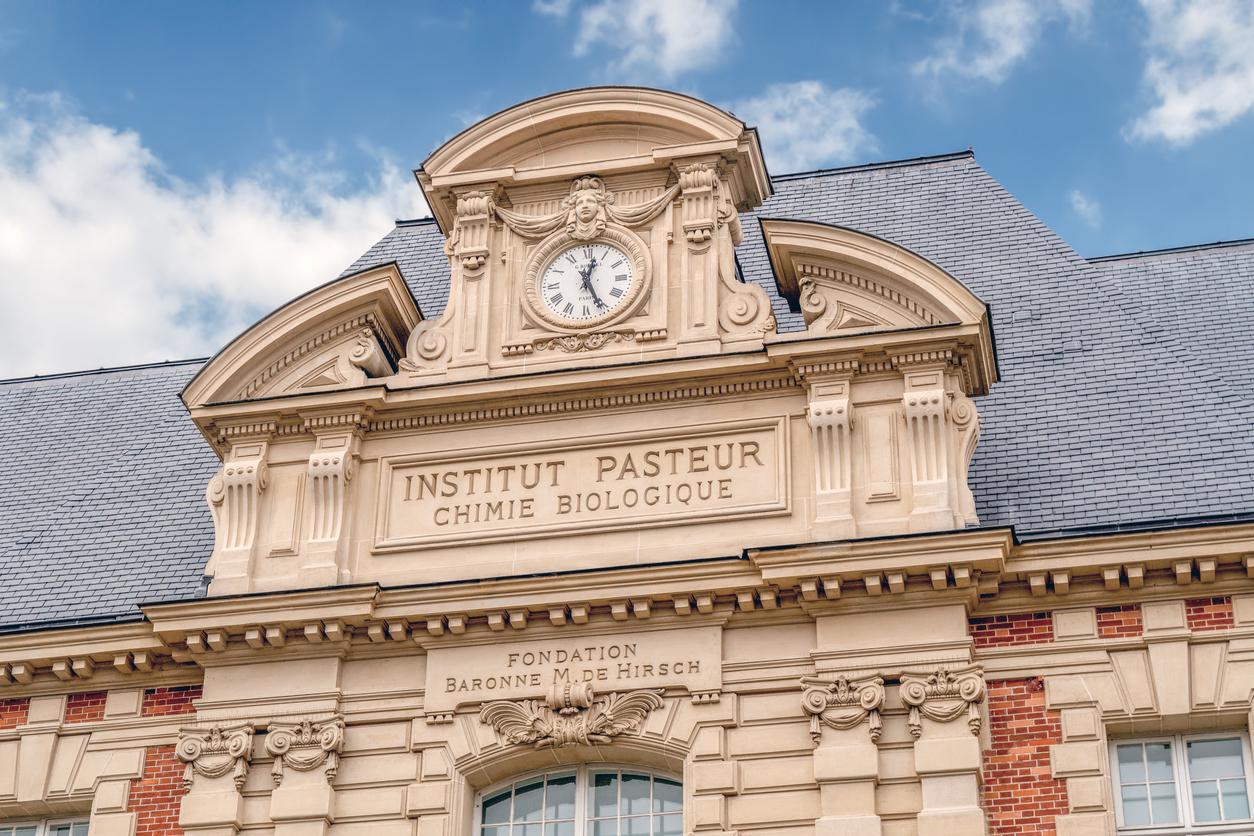By studying the immune response to lung infections, French researchers have discovered a new defense mechanism against certain cancers.

- Researchers have shown that people who survived a respiratory tract infection, such as sepsis, developed fewer cancers (lung, skin, oropharynx and breast) than other patients.
- “Our study reveals a novel defense mechanism against cancer, initiated by a specific immune reaction following a serious infection, specifically in the lung.”
- Immune cells, formed by this infection, release chemicals that attract and retain lymphocytes in the lung, thus strengthening the ability to fight against the development of tumors.
A new therapeutic approach to prevent and treat cancer? Research teams have just highlighted that people who survived a respiratory tract infection, such as sepsis, developed fewer cancers (lung, skin, oropharynx and breast) than other patients. The cause is a specific reaction of the immune system against the infection. Their work was published in the journal Nature Immunology.
Lower risk of cancer in patients who survive sepsis
To reach this conclusion, researchers from Nantes University Hospital and Nantes University, in collaboration with the University of Melbourne (Australia), examined data from patients who were hospitalized in France between 2010 and 2016, following pneumonia or for another reason not related to infection (trauma, brain damage). In total, more than 680,000 patients who had sepsis or infection and more than 3.2 million patients hospitalized for trauma or brain injuries were included in the study.
Responsible for most deaths from lower respiratory tract infections worldwide (2.6 million in 2019), sepsis refers to organ dysfunction caused by an exacerbated response of the immune system following a serious infection ( pneumonia, peritonitis, etc.). However, this exacerbated immune reaction apparently has an impact on the immune system itself, lasting several months: in patients who survived sepsis, the risk of developing cancer was lower than that of in patients hospitalized for infection or other reason.
A new defense mechanism to fight against the development of tumors
“Our study reveals a novel defense mechanism against cancer, initiated by a specific immune reaction following a serious infection, specifically in the lung”underlines Jérémie Poschmann, who participated in the work, in a communicated from Nantes University. Indeed, macrophages, immune cells formed by the experience of this infection, release a network of chemicals that attract and retain T lymphocytes (those defense cells involved in the immune response) in the lung, thus strengthening the capacity to combat the development of tumors.
“This discovery opens up new therapeutic and preventive perspectives in the treatment of cancer”concludes Professor Antoine Roquilly, from the anesthesia-resuscitation department of Nantes University Hospital, head of the clinical investigation unit.

















